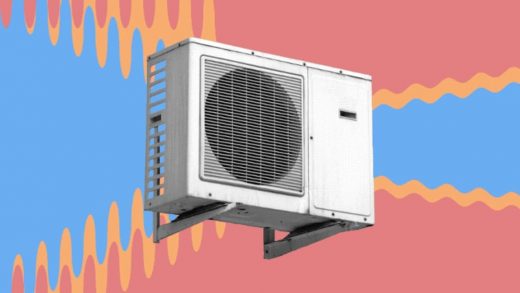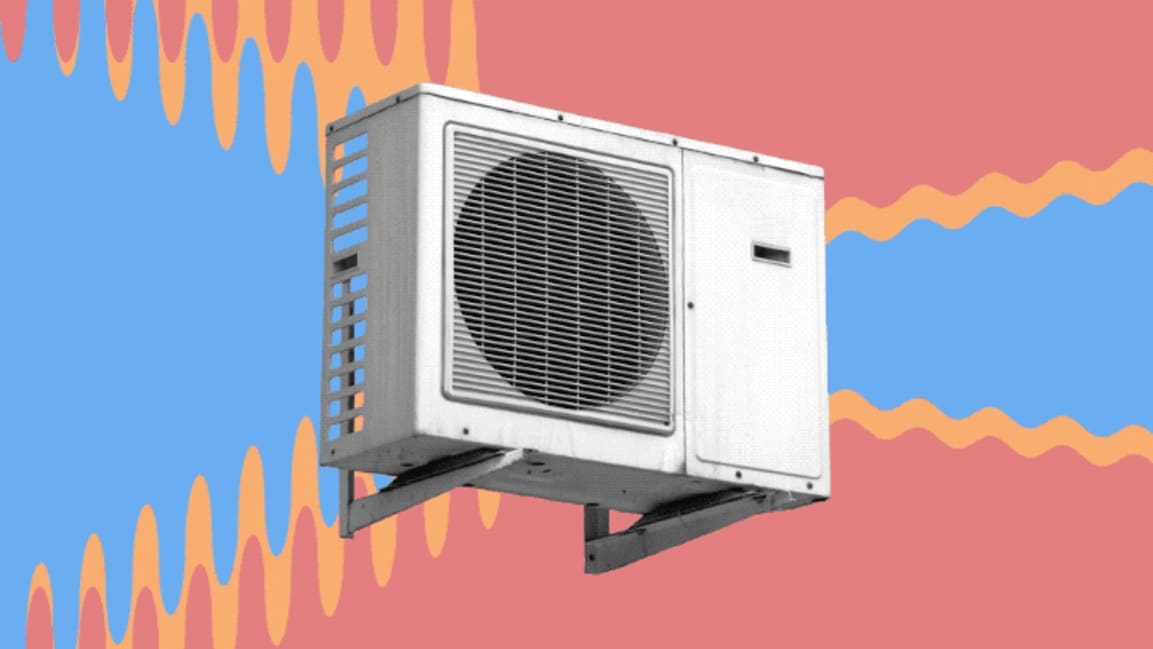Running your A/C just a bit less could help save lives
Every year in the U.S., around 100,000 people die prematurely due to conditions, like heart disease, that are caused or exacerbated by air pollution. A new study from the University of Wisconsin-Madison details how nearly 500 of those deaths (and many more complications due to illness) could be avoided each year—just by running air-conditioning a little less during the three hottest months of the year.
“It’s a pretty unsurprising conclusion that using less fossil fuels is protective of health,” says Vijay Limaye, science fellow at the Natural Resources Defense Council’s Science Center, which analyzed the report. “But it’s about actually walking through the analysis—from reduced energy demand to reduced air pollution to reduced health impacts—and coming up with the pretty striking conclusions that hundreds of deaths could be avoided by efficiency measures alone.”
The University of Wisconsin-Madison researchers used modeling to simulate how a 12% reduction in baseline electricity demand in the summer months (when energy use spikes, overwhelmingly due to air-conditioning usage) would affect the amount of generation required from power plants and consequently the emissions from the ones that burn fossil fuels. Using that data, they calculated how the levels of harmful pollutants might change. They found that nitrogen oxide levels would decline by 13%, sulfur dioxide by 12%, and carbon dioxide by 11% each year. Levels of ambient particulate matter and ozone levels would also decline. In all, the researchers estimate that around 475 deaths could be avoided each year.
In light of the large number of people who pass away prematurely each year due to poor air quality, this may not seem too significant, but the University of Wisconsin-Madison study looked only at a very specific aspect of fossil fuel-use reduction. The impacts they find from just lowering energy usage by 12% for three months of the year could be much broader with more progressive and comprehensive action, like entirely phasing out fossil fuel-fired plants.
That’s what’s compelling to the NRDC about the study. “Right now, we’re stuck in this vicious cycle of reliance on fossil fuels for about 60% of our electricity, so when we use those sources for things like air-conditioning, which can save lives in situations of extreme heat, we’re contributing to the underlying problem of climate change,” Limaye says. Having the data to explicitly prove the air-quality reductions associated with lowered demand for fossil fuel energy should pave the way, he adds, for a ramped up move away from fossil fuel sources entirely. “Shifting to renewables allows us to take advantage of efficient, lifesaving cooling without the side effect of exacerbating climate change,” he says. Interventions like creating more efficient buildings and innovating new and less energy-intensive ways to cool them could also help mitigate this issue.
(16)



